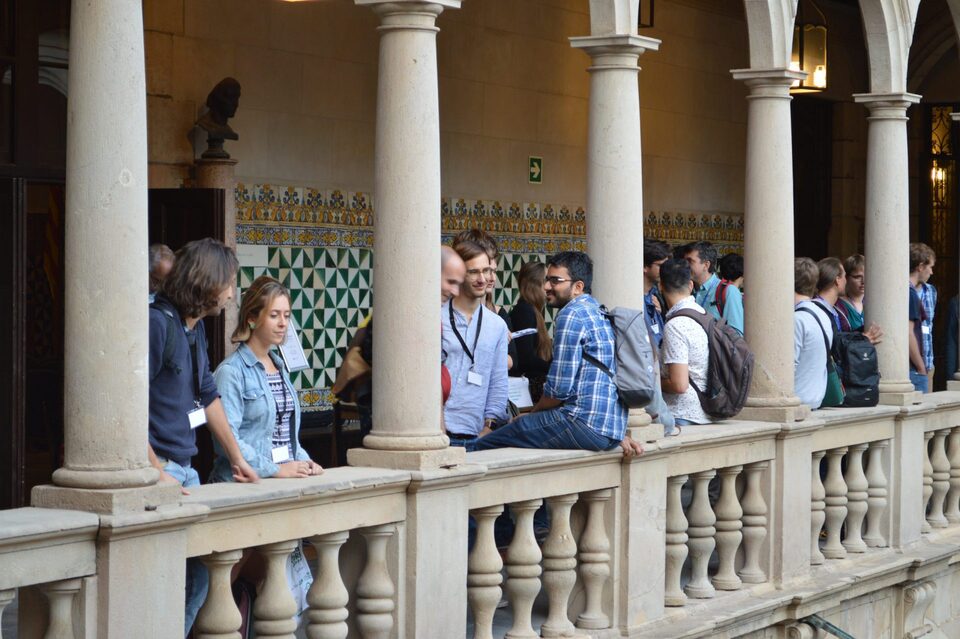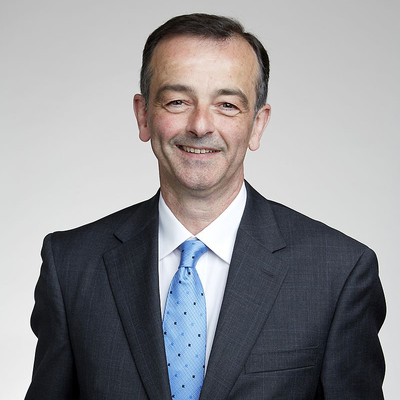BGSMath Autumn Colloquium 2018
BGSMath Autumn Colloquium 2018
12.15h
Pl. Universitat, Barcelona
Abstract
There are many situations in geometry and group theory where it is natural, convenient or necessary to explore infinite groups via their actions on finite objects — ie via their finite quotients. But how hard is it find finite quotients in general, and to what extent do they determine the group?
In this colloquium talk, I will sketch the rich history of this problem and describe some of the major progress of recent years. I shall explain why there is no algorithm that can determine whether or not a finitely presented group has a non-trivial finite quotient, and I shall indicate how decidability varies as one replaces the family of all finite quotients with families of finite simple quotients. These algebraic results are proved via excursions into ideas that have played a fundamental role in the spectacular advances in low-dimensional topology in recent years.

12.15h
Pl. Universitat, Barcelona

Abstract
There are many situations in geometry and group theory where it is natural, convenient or necessary to explore infinite groups via their actions on finite objects — ie via their finite quotients. But how hard is it find finite quotients in general, and to what extent do they determine the group?
In this colloquium talk, I will sketch the rich history of this problem and describe some of the major progress of recent years. I shall explain why there is no algorithm that can determine whether or not a finitely presented group has a non-trivial finite quotient, and I shall indicate how decidability varies as one replaces the family of all finite quotients with families of finite simple quotients. These algebraic results are proved via excursions into ideas that have played a fundamental role in the spectacular advances in low-dimensional topology in recent years.

Biosketch
Professor Bridson is renowned for his work in geometry, topology and group theory. Diverse encapsulations of symmetry, quantifications of complexity, and notions of curvature provide unifying themes for much of his work.
His many honours include the Whitehead Prize of the London Mathematical Society (1999), the Forder Lectureship of the New Zealand Mathematical Society (2005), and a Royal Society Wolfson Research Merit Award (2012). He gave the Abel Prize Lecture in 2009 and was an Invited Speaker at the International Congress of Mathematicians in Madrid in 2006. He was elected a Fellow of the American Mathematical Society in 2015. In 2016 he was elected a Fellow of the Royal Society in recognition of his “leading role in establishing geometric group theory as a major field of mathematics.”
Born and raised in the Isle of Man, he was an undergraduate at Oxford and did his graduate work at Cornell University, earning a PhD in 1991. He has served on the faculty at Princeton University, the University of Geneva, and Imperial College London. He has been the Whitehead Professor at Oxford since 2007, and President of the Clay Mathematics Institute since October 2018.
